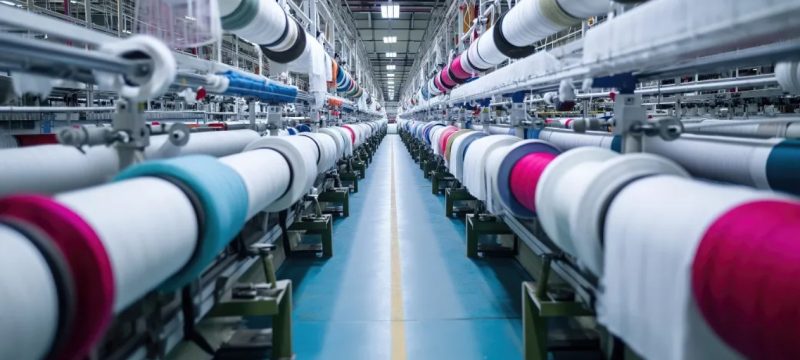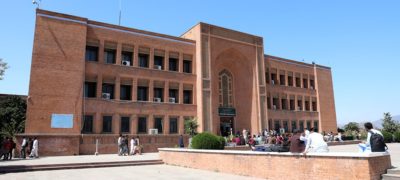Economic nationalists are urging immediate action to revive Pakistan’s struggling textile sector, where the rapid closure of around 187 textile mills, particularly in Punjab, is having severe socio-economic consequences. They have stressed the need for swift and strategic interventions to protect the livelihoods of stakeholders and prevent further damage.
Industry experts highlighted the potential of Faisalabad and Karachi as textile hubs, which are currently being eroded due to poor economic planning. They advocated for the establishment of textile development banks, textile tax courts, and research-focused model textile centers, alongside a more sustainable supply chain.
Also Read: Eighty-Four Textile Mills Declared Defaulters
Naveed Ahmed, Chairman of the All Pakistan Textile Mills Association (APTMA) Southern Zone, pointed out that high energy costs are making operations uncompetitive. He explained that industrial units are being charged between Rs38 and Rs40 per kilowatt-hour (kWh), while they could be profitable at Rs26 per unit. Ahmed called for a reduction in the burden of line losses and capacity charges on industrial zones, which do not suffer from power theft. He also warned that the closure of mills is leading to rising unemployment, posing a major economic challenge.
Prominent economist Dr. Mehmood Ul Hassan Khan emphasized that Faisalabad’s textile industry, which contributes over 60% to Pakistan’s exports and 8.5% to its GDP, urgently needs government intervention. He noted that the closure of textile mills is exacerbating unemployment, poverty, inflation, and the trade deficit. Khan called for comprehensive reforms, including the modernization of outdated machinery, reduction in energy costs, and the promotion of man-made fibres.
He further urged the government to provide financial assistance through low-interest loans, subsidies for machinery upgrades, and incentives to adopt modern technologies like automated looms and computer-aided design (CAD) systems. Khan also stressed the need to ban the conversion of textile units into real estate businesses.
To ensure long-term sustainability, Khan suggested that Pakistan study the successful textile policies of countries like India, Vietnam, China, and Bangladesh. He advocated for measures such as targeted banking incentives, green industrialization, and the creation of “Textile Development Banks” and “Model Textile Centers” to support innovation and research.
Khan also proposed exploring regional partnerships with countries like Uzbekistan, Kazakhstan, and Bangladesh, while seeking China’s support under the China-Pakistan Economic Corridor (CPEC) to build joint ventures in the textile and fashion industries.
Incentives for overseas Pakistanis to invest in the textile sector, particularly in Faisalabad, were also highlighted as a way to foster growth through public-private partnerships with government backing.





